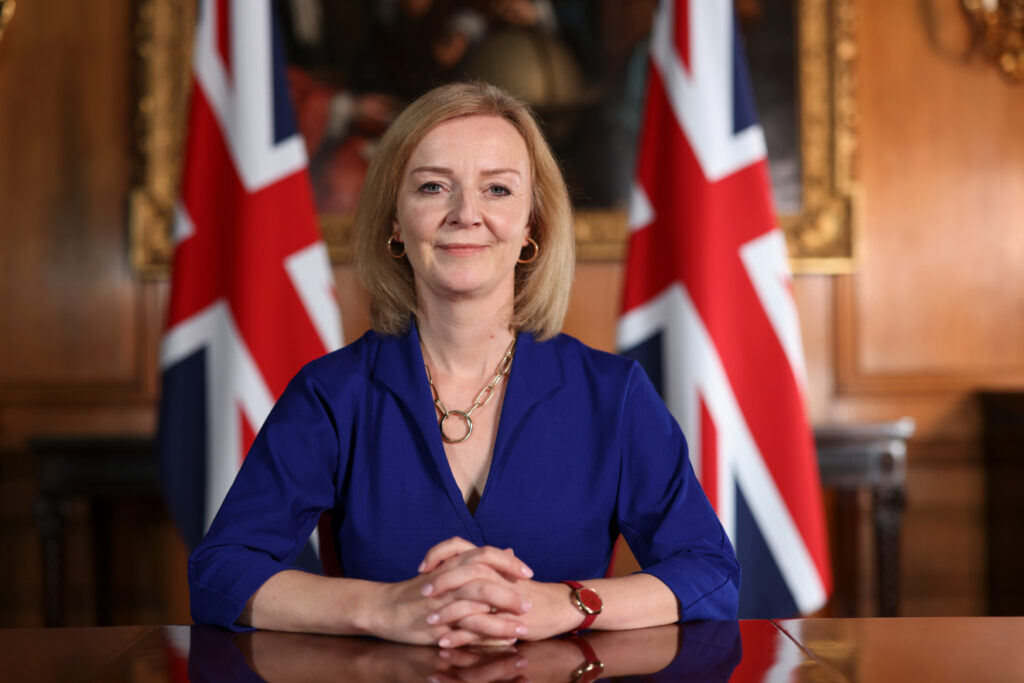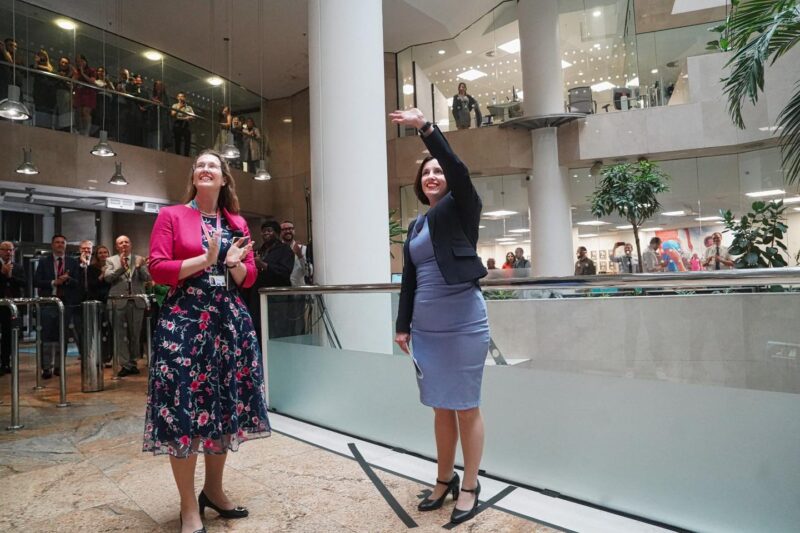
It remains to be seen whether Labour’s landslide victory in the General Election will herald a period of radical political change in the UK, or whether it will simply usher in a spell of boring, competent, predictable government — the political equivalent, if you like, of Gareth Southgate’s England teams.
But however things turn out for Sir Keir Starmer’s new administration, there already seems a palpable sense of relief in the country that the clown show has finally ended and the grown-ups are back in charge.
As Channel 4’s election night host Krishnan Guru-Murthy put it: “After years of personality-driven and chaotic, shallow politics, we now have a government with a massive majority, widespread internal agreement and no likelihood of massive instability anytime soon.”
That may make our lives as journalists less interesting, but it’s going to make businesses more likely to invest in our country, and in the long run that’s going to make all our lives better.
- Read more: Knowledge exchange can drive growth
- Read more: Devolution, universities and place – the JFK moment
Everyone will have their own memories of election night, but the undoubted highlight for me — and I suspect many others — was watching Liz Truss pay the personal price for her role in destroying the Conservative Party’s reputation for economic competence in the loss of her South West Norfolk seat.
She should never have been allowed to become Prime Minister and it is a savage indictment of the way the Tories now elect their leaders that someone so manifestly not up to the job should ever have done so.
If this sounds a bit personal, it’s because it is. My own monthly mortgage payments nearly quadrupled in the months after her brief period of misrule and my small business also struggled to the point where I could not afford to replace a much-missed member of my team.
I would like to think Truss will now spend some time reflecting on the carnage she has caused, but doubtless she will soon be up and about again spreading her ludicrous conspiracy theories about how everyone but herself was to blame for her political demise.

Truss’s historical reputation will never recover but that of the defeated Rishi Sunak may well do. Like former leaders John Major, Gordon Brown and to some extent Theresa May, I think he will ultimately come to be seen as a decent public servant who simply did his best in very trying circumstances.
There will now be another contest for the Conservative leadership which party grandee Sir Robert Buckland has already likened to ‘a group of bald men arguing over a comb’.
The last time the Tories were obliged to hold such a contest in the wake of a terrible defeat was in 1997 when MPs elected William Hague over Ken Clarke and the party subsequently lurched decisively to the right.
It was not in serious contention for power again until, eight years on, it finally elected a more centrist leader in David Cameron. There is a lesson there for anyone who cares to heed it.
- Read more: My life through a lens – Mark Pinder
- Read more: Harold Wilson, Tony Benn… and that’s my dad!
So much for the Tories. What other lessons can be drawn from an election which saw four different parties achieving more than 10 per cent of the national share of the vote for the first time ever?
Well, once again it showed up the absurdities in our first-past-the-post voting system, with Labour winning 66 per cent of the seats on 34 per cent of the vote and Reform winning less than 1 per cent of the seats on 15 per cent of the vote.
I wrote in my last column that the North East is more affected than any other region by the vagaries of first-past-the-post and so it proved again, with Labour winning 26 of the region’s 27 seats including the former Tory stronghold of Hexham, while Reform came second in two-thirds of those seats and won nothing.
Whatever you think of Reform, an awful lot of people in our region who voted for them will now feel they have no representation at Westminster — and that is not a healthy position for a democracy to be in.

In the week before the election, Starmer doubled down on his opposition to proportional representation, declaring that first-past-the-post was ‘the right system’ on account of the fact that it delivered ‘strong government’.
But the sheer level of political volatility shown in this election — with Labour going from a crushing defeat to a landslide victory in the space of just four-and-a-half years — should persuade him otherwise.
Should Labour fail in its central mission to restore trust in British politics, what changed last Thursday could swiftly change back again, with the rise of Reform UK giving added pertinence to the debate.

A further collapse in the Tory vote could conceivably see Reform win an election outright under first-past-the-post, whereas a hard-right party such as theirs could almost certainly never win one under proportional representation.
But that’s one for the future. In the meantime, the new government has made a strong start and while Starmer may not set the pulse racing as a politician, his Cabinet has the capacity to be one of the strongest of modern times.
Rachel Reeves, a former Bank of England economist, is the best-qualified Chancellor we have had for many years, Yvette Cooper has the capacity to be an outstanding Home Secretary, and rising stars Wes Streeting and Bridget Phillipson are set to shine in the health and education portfolios.
This is also a government which is much more reflective of modern Britain than any of its recent predecessors, with more people from Sunderland in the Cabinet — Phillipson and Jonathan Reynolds, the Business Secretary — than people who went to Eton.

And crucially for the politics of the North East, the new government clearly sees the link between economic growth and devolution, hence the priority given to Tuesday’s meeting with the ‘Metro Mayors’ including our own Kim McGuinness and Tees Valley’s Ben Houchen — the only Tory Mayor.
If any single announcement has summed up the new administration so far, it was Tuesday’s revelation that the Department for Levelling Up, Housing and Communities is officially no more — being renamed the Ministry of Housing, Communities & Local Government.
Sure, it’s a more boring name, but ‘levelling-up’ was only ever a Tory slogan rather than an actual policy, and a fairly meaningless one at that.
As the Communities Minister Jim McMahon put it: “We certainly believe in addressing the regional inequalities that are holding our communities and our economy back. But we don’t believe a slogan fixes it, we believe action fixes it.”
Yes, the grown-ups are back in charge. And for now, that feels good.











